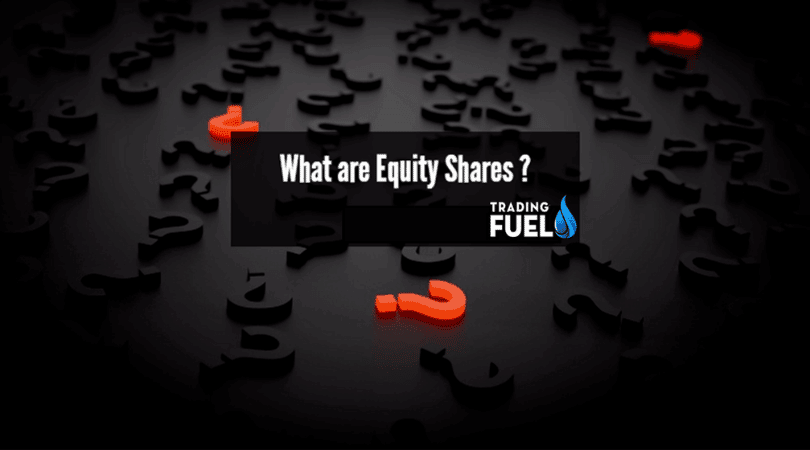Equity share is raised to finance any public company. It is generally the main source of finance for public companies. When a company grows quite big, it requires a huge investment. At this point, it raises finance with initial public offering. Further follow-on public offers follow to raise further public capital. The general public invests in the company through these equity shares.
Equity shares are valued in terms of book value, issue price, face value, or market value. The equity share holders get payment in the form of a dividend. The dividend rates are on the basis of the company’s profits. Equity shares are riskier than other shares. As they might get paid higher or nothing.
Key Features of Equity Share
Payment to equity shares is after meeting all other claims or shares. These shares are not redeemable during the life of the company. To make the things easier, check the key features of equity shares.
- Equity shares remain with the company until the company terminates itself.
- Equity shareholders have right to vote during the election of the management.
- The shareholders have a residual claim on the company’s assets.
- The liability of the equity shareholder limits to the value of their shares.
At the time of liquidation, the equity shareholders get what remains at last. First creditors and preference shareholders are paid for their claims.
Benefits of Equity Share
Equity shares offering many benefits from the perspectives of investment and financing. Here are the major advantages of equity.
- There are no charges over the assets involved to issue equity shares.
- It is a permanent and stable source of raising capital.
- In the case of profit, shareholders gain an increase in dividend.
- The value of the shares also gets appreciation in the case of profits.
Equity shares offer many benefits to companies as well investors. But, there are certain cons as well.
Disadvantages of Equity Share
The pros and cons of equity shares are from the perspectives of an investor and a company. Here are some major cons of equity shares from both the views.
- The cost of issuing equity shares is quite high. Not every company can afford it unless it has sound financial status.
- When equity financing is in excess, it results in over capitalization. Which means funds are more than need. Funds may not be put to use in a proper way.
- The control of the company results in dilution. During thelow market scenario, equity shares go down. The market value gets down.
- Dividends on equity are only on earnings of the company after tax deductions.
The cost of equity capital is higher than that of preference shares and debentures. Hence, the expectations of the shareholders are also high in the same context.
Types of Equity Share
Equity shares are of different types. They are on the liability side in the balance sheet of the company.
- Right Share – Companies give right shares to existing shareholders of the company.
- Sweat Equity Share – Such shares are to directors of the company or employees. They get such shares for their exceptional services.
- Bonus Shares – Sometimes the company gives shares instead of payable dividend.
Earlier there was a differed share. A deferred shareholder has very restricted right to the asset. In the case of liquidation, payment to these shares were at the last priority. But the Companies Act 1956 no more permits issue of deferred shares. With these shares the management kept the voting rights with them.
Equity shares are also known as ordinary shares. The public limited companies can now issue preference shares and equity shares.

